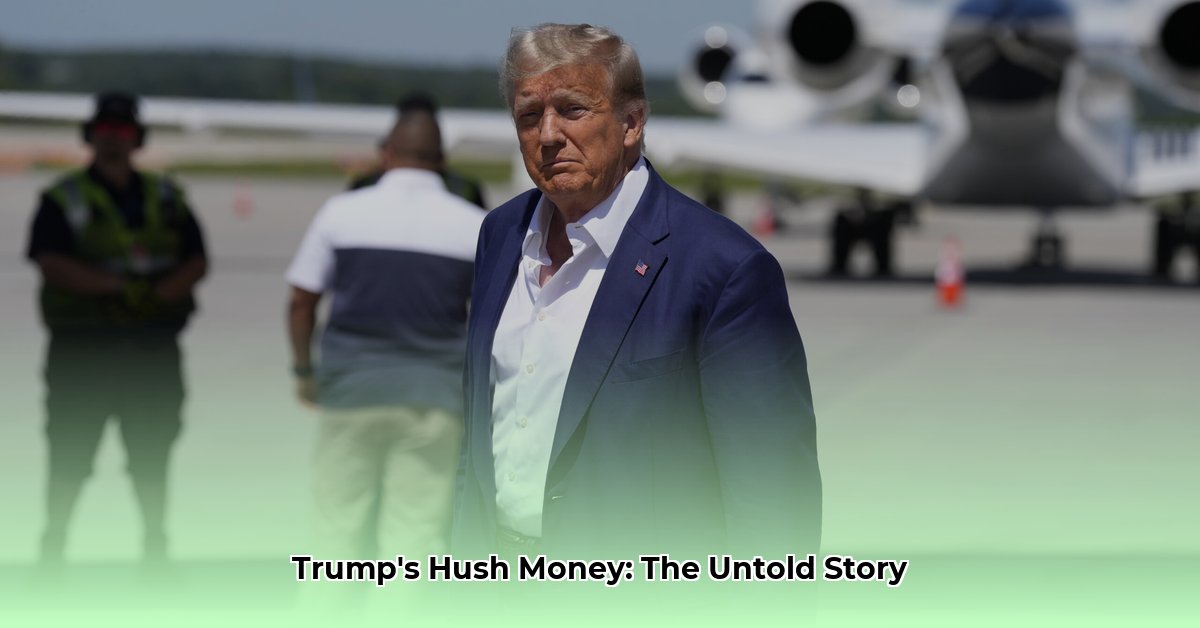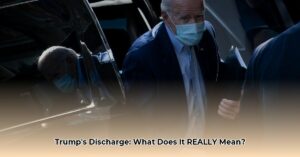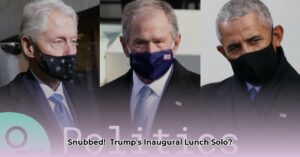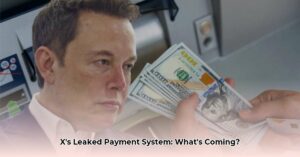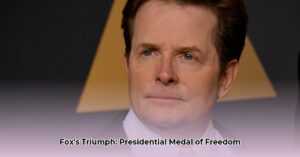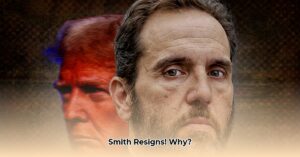Understanding the Trump Hush Money Case
The 2024 conviction of former President Donald Trump on 34 felony counts of falsifying business records sent shockwaves through the political landscape. This article provides a comprehensive analysis of the case, from the alleged affairs to the verdict and its potential implications.
The Genesis of the Scandal
In the fall of 2016, amidst a tumultuous presidential race, adult film star Stormy Daniels alleged an affair with Donald Trump years prior. To prevent this potentially damaging information from becoming public, Trump’s then-lawyer, Michael Cohen, arranged a $130,000 payment to Daniels. This hush money payment became the crux of the legal battle that unfolded years later.
The Crux of the Case: Falsified Records
The payment itself wasn’t illegal, but how it was recorded became the central issue. Manhattan District Attorney Alvin Bragg argued that Trump falsified business records to conceal the payment’s true purpose, categorizing it as legal expenses. This, Bragg argued, amounted to 34 felony offenses, one for each instance of record falsification.
A Timeline of Key Events
| Date | Event |
|---|---|
| 2006 | Alleged affair between Trump and Daniels occurs. |
| October 2016 | Cohen arranges the $130,000 hush money payment to Daniels. |
| 2018 | Cohen pleads guilty to campaign finance violations, implicating Trump. |
| March 2023 | Manhattan grand jury indicts Trump on 34 felony counts. |
| April 2023 | Trump pleads not guilty. |
| May 2024 | Trial concludes, Trump found guilty on all counts. |
| January 2025 | Trump receives an unconditional discharge. |
Inside the Courtroom: Arguments and Verdict
The Prosecution’s Case
The prosecution argued that the hush money payment, disguised as legal fees, constituted an illegal campaign contribution. Their reasoning? Trump’s intent was to influence the 2016 election by suppressing Daniels’ story and preventing it from swaying voters.
The Defense’s Counterargument
Trump’s lawyers countered that the payment was intended to protect his family and reputation, a personal matter unrelated to the campaign. They questioned Cohen’s credibility as a witness and insisted the payment’s intent was personal, not political.
The Verdict and Sentencing
Despite being found guilty on all counts, Trump received an unconditional discharge, meaning no jail time, fines, or probation. This surprising outcome fueled further debate and speculation about the case’s implications.
Unpacking the Unconditional Discharge
An unconditional discharge essentially signifies “no further action required.” While avoiding jail time, the felony conviction itself remains on Trump’s record. This unprecedented situation raises questions about the proportionality of the sentence and its potential long-term consequences.
The Appeal and Beyond: What’s Next?
Trump’s lawyers are appealing the verdict, citing alleged errors in the judge’s instructions to the jury among other grounds. The appeals process could take months or even years, leaving the case’s ultimate impact uncertain. The appeal, and its potential outcomes, will likely reshape the narrative surrounding this case and influence future discussions on campaign finance laws and presidential accountability.
The Key Players
Who Was Involved?
| Key Figure | Role | Connection to Trump |
|---|---|---|
| Donald Trump | Former U.S. President | Accused of directing the hush-money payments |
| Stormy Daniels | Adult Film Star | Received $130,000 in hush money |
| Karen McDougal | Former Playboy Model | Received $150,000 via the National Enquirer; alleged an affair |
| Michael Cohen | Trump’s former lawyer | Arranged the payments, later testified against Trump |
| David Pecker | Former CEO of AMI (National Enquirer’s publisher) | Facilitated the McDougal payment |
| Allen Weisselberg | Former CFO of the Trump Organization | Allegedly involved in related financial matters |
Michael Cohen’s Pivotal Role
Michael Cohen, once Trump’s loyal “fixer,” became a crucial witness for the prosecution. His testimony provided insights into the inner workings of the hush-money scheme and significantly impacted the trial’s outcome.
Charges, Verdict, and Sentencing in Detail
The Manhattan District Attorney’s office charged Trump with 34 felony counts of falsifying business records in the first degree – one count for each check related to reimbursing Cohen. The jury delivered a guilty verdict on all counts. However, Judge Juan Merchan sentenced Trump to an unconditional discharge, leading to debate and speculation about the decision.
The Lasting Implications
This unprecedented case involving a former president raises profound questions about:
- Presidential Accountability: Does the verdict, despite the sentence, set a new standard for holding presidents accountable for their actions?
- Campaign Finance Laws: How does this case impact campaign finance regulations and the potential for future abuses?
- Public Trust: How does the verdict and subsequent discharge affect public trust in the legal and political systems?
- 2024 Election and Beyond: What influence will this conviction have on Trump’s political future and the upcoming presidential race?
The Trump hush money case is a complex and evolving legal and political drama. The appeals process, ongoing legal analysis, and the continued public discourse will likely shape its ultimate legacy and its impact on American society.

